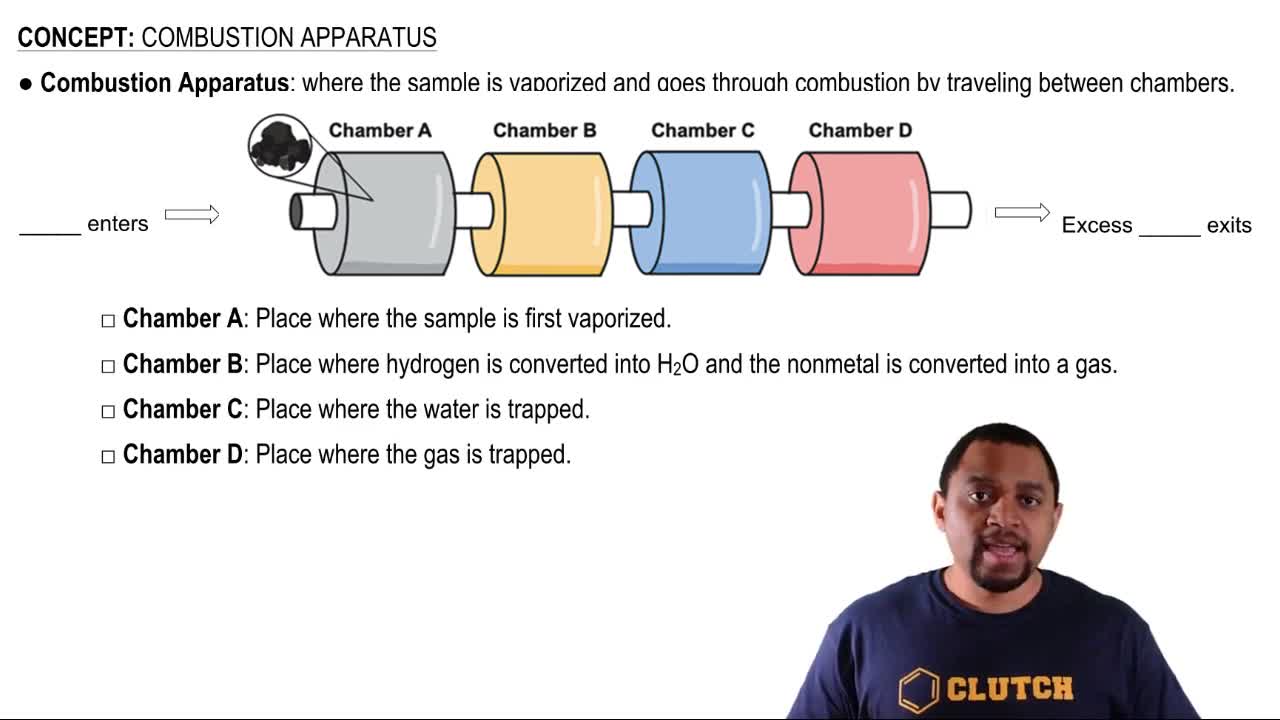Textbook Question
Determine whether the two structures are isomers or the same molecule drawn in two different ways. c.
484
views




Determine whether the two structures are isomers or the same molecule drawn in two different ways. c.
How many kilograms of CO2 does the complete combustion of 3.8 kg of n-octane produce?
Classify each organic reaction as combustion, alkane substitution, alkene addition or hydrogenation, aromatic substitution,
or alcohol substitution, elimination, or oxidation.
d.
Determine the products of each reaction. a.
Determine the products of each reaction. b.